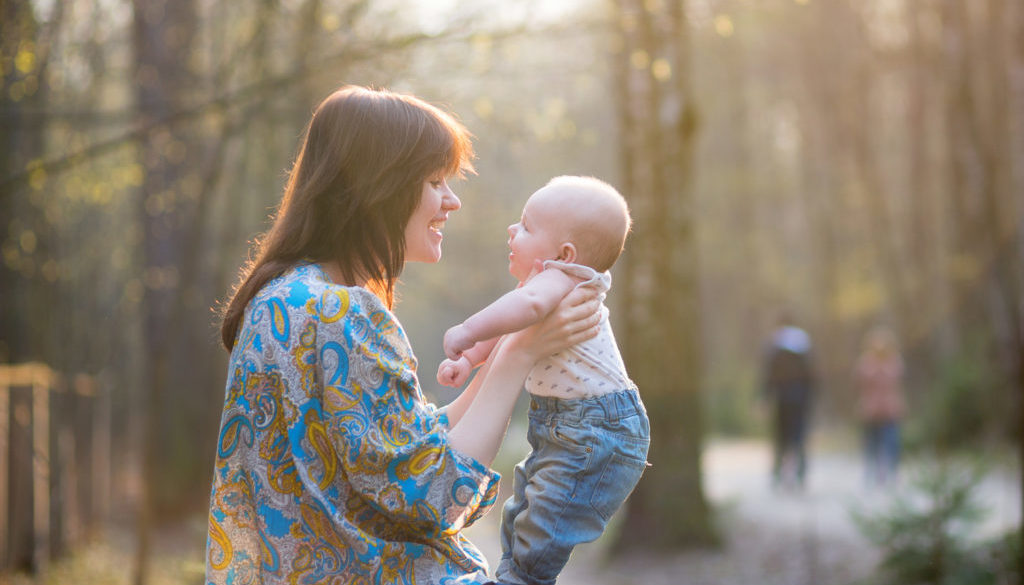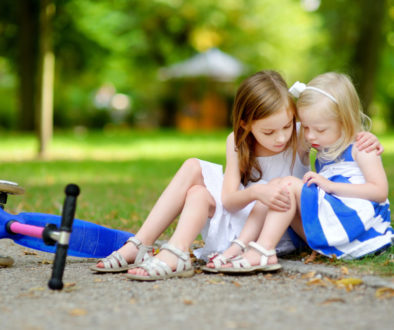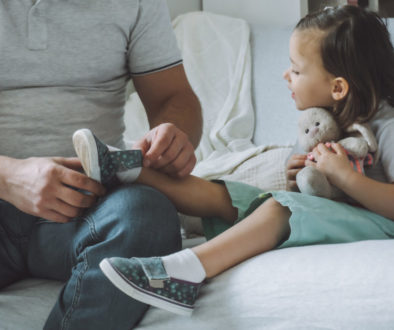Supporting Language Development

A child’s language development begins at birth, long before they can say words, or even understand the meaning of words. Early language development is dependent on parents, families, and caregivers to provide the interactions and experiences that encourage the words and sounds children learn, how they use those words and the way they communicate.
Keep in mind, that a parent/caregiver is a child’s first teacher, and there are many ways to help children develop language skills and set them on a path to learning.
- Talk to Your Child. A lot. Narrate everyday activities using descriptive words that talk about action, colors, shapes, weight, height, speed, and feel. Instead of saying, “Let’s put on your socks,” add words that describe what you are doing, like, “Let’s put a sock on your right foot. This sock is orange! Orange is a very bright color.” Using words like these provide a child with a lot of new words to use to describe something – like shoe, left, foot, orange, bright, color.
- Allow Space. Children need the opportunity to talk. Whenever possible, adults should allow space to give the child an opportunity to initiate or engage in a conversation. Try the 3-secon rule and see if a child will initiate and then take your turn.
- Taking Turns. Babies learn the foundations of conversational turn taking in the back and forth “dance” of cooing and babbling. This turn-taking is known as “serve and return,” and is a fundamental part of the development of language and communication. Turn taking is part of conversation that becomes second nature to most children. Once established, the child can adapt their turn taking knowledge to the situation at hand. This form of dialog begins long before babies can use words.
- Mirroring. Repeating what the child has said or done is sometimes helpful. It allows you to first clarify and validate what the child is trying to say and then provides a basis for you to continue with modeling and expansion. Mirroring is simply doing or repeating what the child said.
- Be a good role model. Your child is watching you very carefully. If you talk to others with kindness and respect, they will likely follow your lead and take on your demeanor and tone as they become more verbal. When you expect this kind of respectful communication from others, you are modeling how your little one should expect to be treated by others as well.
Remember that parents’ early and ongoing interactions with their babies and toddlers is the most important part of learning language. At the heart of language, though, is love. You are the most important person in the world to your child and they don’t just want to talk, they want to talk to you. So, talk, read and sing to your child as often as possible!





